Advertisers Beware: Are FBOs on a sticky wicket with the FSSAI?
Food advertising is regulated by the FSSAI and the Consumer Protection Act. On October 9, 2020, the FSSAI notified the Food Safety and Standards (Advertising and Claims) First Amendment Regulations, 2020 to regulate the claims that can be made for edible vegetable oils by a food business operator, in advertisements and on labels of the packaging of the products. Advocate Aazmeen Kasad analyses the implications of this order.
With Navratri and Durga Puja behind, India is now gearing up to celebrate Diwali. For many, Diwali is incomplete without the preparation and consumption of special Diwali snacks and where individuals cannot make the fried Chivdas, Chaklis and other savouries & sweets at home, they turn to the nearest store to buy them as packaged food.
If one had to ask you as to how many kinds of edible vegetable oils are available in India, what would your response be? The Food Safety and Standards (Advertising and Claims) First Amendment Regulations, 2020, which were recently notified on October 9, 2020, has listed 15 (fifteen) different kinds of edible vegetable oils which are marketed and sold in India. These range from coconut oil, corn oil, cottonseed oil, groundnut oil, linseed/flax seed oil, mustard/ rape seed oil, mustard oil, olive oil/ olive pomace/ extra virgin olive oil, safflower oil, palm kernel oil, palmolein oil, rice bran oil, sesame oil, soyabean oil and sunflower oil.
Per ResearchAndMarkets.com’s study and report on the Indian edible oil market, the edible oil market in India is projected to grow from around $21.5 billion in 2019 to $35.2 billion by 2025 due to increasing disposable income and rising consumer awareness about healthy lifestyle & wellness, apart from strong marketing activities by leading edible oil brands, changing tastes and preferences of consumers, expanding population, and shifting consumption pattern towards branded oils is leading to rising consumption of edible oils in the country. The study attributes the increasing consumption of edible oils also to surging penetration of processed foods. In 2019, Soya oil accounted for more than one-third of the market share in India’s edible oil market. The other leading oil types include Mustard oil, Palm oil and Sunflower oil. Olive oil segment continues to gain market traction in India, however, the product’s share stood at just around 1% in 2019. Per the Report, some of the major players operating in India edible oil market include Adani Wilmar Limited (Fortune), Mother Dairy Fruit & Vegetable Pvt Ltd (Dhara), Cargill India (Nature Fresh, Gemini), Patanjali Ayurved Limited (Patanjali), EmamiAgrotech Ltd. (Emami Healthy & Tasty and Himani Best Choice), Bunge India, Agro Tech Foods, Vimal Oil & Foods and others.
(Source:https://www.researchandmarkets.com/reports/5003991/india-edible-oil-market-by-type-mustard-oil?utm_source=dynamic&utm_medium=CI&utm_code=jt654l&utm_campaign=1410735+-+Study+of+the+Indian+Edible+Oil+Market%2c+2015-2020+%26+2020-2025%2c+with+Profiles+of+8+Major+Players&utm_exec=joca220cid)
As a lay consumer, it’s difficult, if not impossible, for one to understand the health benefits of one kind of edible vegetable oil from another. This is especially more confusing for a consumer if the food business operators who manufacture and/ or market these edible oils make varied health benefit claims in their advertisements of their brands or on the labels of their packaging.
It’s no wonder then that the Food Safety and Standards Authority of India (FSSAI) felt it prudent to regulate this large industry with specific regard to the claim statements that they can make for each kind of edible vegetable oil. The purpose of the amendment, which will come into effect from July 1, 2021, to the existing the Food Safety and Standards (Advertising and Claims) Regulations, 2018 governing advertising and claims made by food business operators, is to address the issue of claims appearing on packages of edible vegetable oils without any scientific rationale, which largely led to consumers being misled.
A “claim” is any representation which is printed, oral, audio or visual and states, suggests, or implies that a food has particular qualities relating to its origin, nutritional properties, nature, processing, composition or otherwise. So, by way of example, coconut oil brands can claim that the oil contains medium chain fatty acids that are easily metabolised. On the other hand, Olive oil brands can claim that they are rich in Mono Unsaturated Fatty Acid (MUFA) that helps to maintain blood cholesterol levels and that the oil contains polyphenols, which are natural antioxidants.
As per the amended regulations, Food Business Operators (FBOs) can either use same or similar terms in the claim statements as provided in the Schedule (reproduced below) as long as there is no change in the intent and meaning of the claim.
Schedule IIA
List of Claims for Edible Vegetable Oils:
|
Sr. No. |
Edible Vegetable Oil |
Claims |
|
1 |
Coconut Oil |
Contains medium chain fatty acids that are easilymetabolized. |
|
2 |
Corn Oil |
Rich in Omega-6 Poly Unsaturated Fatty Acid (Omega-6PUFA, linoleic acid); Linoleic acid is an essential fatty acid that helps to maintain normal blood cholesterol levels. |
|
3 |
Cottonseed Oil |
Rich in Omega-6 Poly Unsaturated Fatty Acid (Omega-6PUFA, linoleic acid); Linoleic acid is an essential fatty acid that helps to maintain normal blood cholesterol levels; Contains Tocopherols which are natural antioxidant. |
|
4 |
Groundnut Oil |
Contains Mono Unsaturated Fatty Acid (MUFA) and Omega-6 Poly Unsaturated Fatty Acid (Omega-6 PUFA) that helps lowering of cholesterol; Contains Tocopherols which are natural antioxidant |
|
5 |
Linseed/Flax Seed Oil |
Rich in Omega-3 Poly Unsaturated Fatty Acid (Omega-3 PUFA, Alpha linolenic acid); Alpha linolenic acid is an essential fatty acid that contributes to the maintenance of normal blood cholesterol levels. |
|
6 |
Mustard/Rapeseed Oil (LowErucic) |
Rich in Mono Unsaturated Fatty Acid (MUFA) that helps to maintain blood cholesterol levels; Contains Omega-3 Poly Unsaturated Fatty Acid (Omega-3 PUFA, Alpha linolenic acid); Alpha linolenic acid is an essential fatty acid that contributes to the maintenance of normal blood cholesterol levels. |
|
7 |
Mustard Oil |
Contains Omega-3 Poly Unsaturated Fatty Acid (Omega-3 PUFA) Alpha linolenic acid is an essential fatty acid that contributes to the maintenance of normal blood cholesterol levels Contains Tocopherols which are natural antioxidant. |
|
8 |
Olive Oil/Olive PomaceOil/Extra virgin Olive oil |
Rich in Mono Unsaturated Fatty Acid (MUFA) that helps to maintain blood cholesterol levels; Contains polyphenols which are natural antioxidant. |
|
9 |
Safflower Oil |
Rich in Omega-6 Poly Unsaturated Fatty Acid (Omega-6 PUFA, linoleic acid) Linoleic acid is an essential fatty acid that helps to maintain normal blood cholesterol levels. |
|
10 |
Palm Kernel Oil |
Contains medium chain fatty acids that are easily metabolised. |
|
11 |
Palmolein Oil |
Contains Tocopherols and Tocotrienols which are natural antioxidant |
|
12 |
Rice Bran Oil |
Contains MUFA and Omega-6 Poly Unsaturated Fatty Acid (Omega-6 PUFA)that helps lowering of cholesterol Contains Oryzanol, Tocopherols and Tocotrienols which are natural antioxidants Oryznol has antioxidant property and reduces high blood cholesterol |
|
13 |
Sesame Oil |
Contains equal proportions of MUFA (oleic acid) and Omega-6 Poly Unsaturated Fatty Acid (Omega-6 PUFA, Linoleic acid) that helps lowering of cholesterol Contains lignans which are natural antioxidants. Contains Tocopherols which are natural antioxidant |
|
14 |
Soybean Oil |
Contains Omega-6 Poly Unsaturated Fatty Acid (Omega-6 PUFA, linoleic acid) and Omega-3 Poly Unsaturated Fatty Acid (Omega-3 PUFA, alpha linolenic acid) in appropriate proportions suggested by RDA guidelines of ICMR Linoleic acid is an essential fatty acid that helps to maintain normal blood cholesterol levels Alpha linolenic acid is an essential fatty acid that contributes to the maintenance of normal blood cholesterol levels Contains Tocopherols which are natural antioxidant |
|
15 |
Sunflower Oil |
Rich in Omega-6 Poly Unsaturated Fatty Acid (Omega-6 PUFA,linoleic acid) Linoleic acid is an essential fatty acid that helps to maintain normal blood cholesterol levels Contains Tocopherols which are natural antioxidant. |
Section 24 of the Food Safety and Standards Act, 2006 (the ‘Act’) provides restrictions on advertisements related to food and prohibits unfair trade practices in promoting the sale, supply, use and consumption of articles of food. The Act expressly prohibits an advertisement of any food which is misleading or deceiving or contravenes the provisions of the Act, rules and regulations notified under it.
The Act bars any false or misleading representation/ claims being made with respect to the standard, quality, quantity, grade composition, need for/ usefulness or any efficacy guarantee being made to the public unless it is based on adequate or scientific justification.
Per Section 53 of the Act, any person who publishes, or is a party to the publication of an advertisement, which (a) falsely describes any food; or (b) is likely to mislead as to the nature or substance or quality of any food or gives false guarantee, is liable to be fined up to Rs 10 lakh.
The provision not only holds the advertiser liable, but the publisher of the false and misleading advertisement and the endorsers will also be equally liable for the same.
Having said that, the Act does provide certain defences for such parties in Section 80.A party held liable can claim that the publication of the advertisement was done in the ordinary course of business without any knowledge of the fact that publishing the said advertisement would constitute an offence.
Another form of defence available is that the person undertook all reasonable precautions and exercised all due diligence to prevent the commission of the offence; and that the offence was committed on account of an act or default of another person or reliance on information supplied by another person, etc.
A number of edible vegetable oil brands engage celebrities to endorse their products. While there is no prohibition under any applicable law on using celebrity endorsements for edible vegetable oil brands, the celebrities/ endorsers should bear in mind the liability that can arise both under the Section 53 of the Food Safety and Standards Act, 2006 as also under the newly enforced Consumer Protection Act, 2019.
If an advertisement contravenes the provisions of the Act, but the label of the product accurately states the relevant information regarding the product, will the advertiser still be liable for the fine? The provisions of the section 53 of the Food Safety and Standards Act, 2006 states that the fact that a label or advertisement relating to any article of food in respect of which the contravention is alleged to have been committed contained an accurate statement of the composition of the food shall not preclude the court from finding that the contravention was committed.
A number of edible vegetable oil advertisers resort to Comparative Advertising. Advertisers should be cautious when resorting to comparative advertising to avoid being sued for unfair anddishonest/ misleading advertising. How does one ensure honest comparisons? There are several checks and measures that advertisers should ensure adherence to. The foremost is by comparing apples to apples. Invariably, advertisers risk their campaign by comparing apples to oranges. Most brands which indulge in such kind of advertising believe that they are safe by writing a disclaimer in a small font at the end of the advertisement. However, the courts have held a contrary view as most consumers believe what they see and hear in the advertisements. The small type disclaimers are illegible and seldom read by the consumers. Besides, a disclaimer cannot be used to correct a misleading claim in an advertisement nor contradict the main claim in the advertisement.
The Act introduces new provisions on ‘Misleading Advertisements’ and ‘Celebrity Endorsements’. Additionally, a new mechanism has been put in place by which complaints filed against a misleading advertisement shall be investigated and pecuniary penalties up to Rs 50 lakh shall be imposed on the advertiser if the advertisement is found to be false or misleading and up to Rs 10 lakh on the persons publishing the said misleading advertisements.
Per Section 2(1) of the Act, an ‘advertisement’ means any audio or visual publicity, representation, endorsement or pronouncement made by means of light, sound, smoke, gas, print, electronic media, internet or website and includes any notice, circular, label, wrapper, invoice or such other documents. Therefore, this includes advertisements not only on the traditional media such as print, radio or television advertisements, but also includes packaging, point of sale material, etc. Advertisements on the internet, including social media such as ads posted on Facebook, Instagram, Twitter, LinkedIn, etc., also fall within the purview of the Act, as do advertisements on websites, which includes the advertiser’s own website(s).
A ‘misleading advertisement’ in relation to any product or service, is an advertisement, which (i) falsely describes such product or service; or (ii) gives a false guarantee to, or is likely to mislead the consumers as to the nature, substance, quantity or quality of such product or service; or (iii) conveys an express or implied representation which, if made by the manufacturer or seller or service provider thereof, would constitute an unfair trade practice; or (iv) deliberately conceals important information. Thus, any advertisement which expressly or impliedly misleads consumers about the product or service will also be considered as misleading in nature.
Advertisements making superlative claims of being the best/ No. 1 in the category, etc., run the risk of being held ‘misleading by exaggeration’ if they are unable to substantiate the basis of the claim with adequate authentic data.
The Central Consumer Protection Authority will regulate matters relating to violation of rights of consumers, unfair trade practices and false or misleading advertisements which are prejudicial to the interests of public and consumers to promote, protect and enforce the rights of consumers. This Authority shall be headquartered in the National Capital Region of Delhi and may have regional and other offices across India.
A complaint relating to any false or misleading advertisements may be forwarded either in writing or in electronic mode, to any one of the authorities, namely, the District Collector or the Commissioner of regional office or the Central Authority. After a preliminary enquiry is made, if the Central Authority is satisfied that a prima facie case exists, an investigation shall be conducted.
Where the Central Authority is satisfied after conducting the investigation that the advertisement for which a complaint is received is false or misleading and is prejudicial to the interest of any consumer or is in contravention of consumer rights, it may, by order, issue directions to the concerned trader or manufacturer or endorser or advertiser or publisher, as the case may be, to discontinue such advertisement or to modify the same in such manner and within such time as may be specified in that order. If the Central Authority is of the opinion that it is necessary to impose a penalty in respect of such false or misleading advertisement, by a manufacturer or an endorser, it may, by order, impose on manufacturer or celebrity endorser a penalty which may extend to Rs 10 lakh, provided that the Central Authority may, for every subsequent contravention by a manufacturer or endorser, impose a penalty, which may extend to Rs 50 lakh. Additionally, where the Central Authority deems it necessary, it may, by order, prohibit the celebrity endorser of a false or misleading advertisement from making endorsement of any product or service for a period which may extend to one year. For every subsequent contravention, prohibit such endorser from making endorsement in respect of any product or service for a period which may extend to three years. Where the Central Authority is satisfied after conducting an investigation, that any person is found to publish, or is a party to the publication of a misleading advertisement, except in the ordinary course of his business, it may impose on such person a penalty which may extend to Rs 10 lakh. The defence that the false or misleading advertisement was published in the ordinary course of business shall not be available to such person if he had previous knowledge of the order passed by the Central Authority for withdrawal or modification of such advertisement.
In light of the newly introduced provisions under the Act, which came into force from July 20, 2020, it is advisable for both the advertisers and the endorsers to exercise caution in the claims that form part of the advertisement of the goods/ services. The ensuing Parts of the series will pertain to various aspects of what constitutes Misleading Advertising and key judicial precedents on the same.
Advocate Aazmeen Kasad is a practicing corporate advocate with over 20 years of experience, with a focus on the Media, Technology and Telecom industries. She is also a professor of law since 13 years. She is a member of the Consumer Complaints Council of the Advertising Standards Council of India. She is a speaker at several forums.



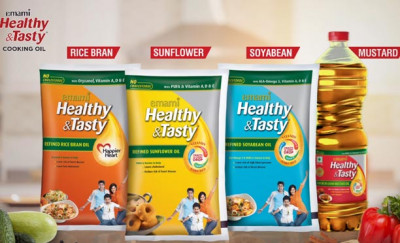

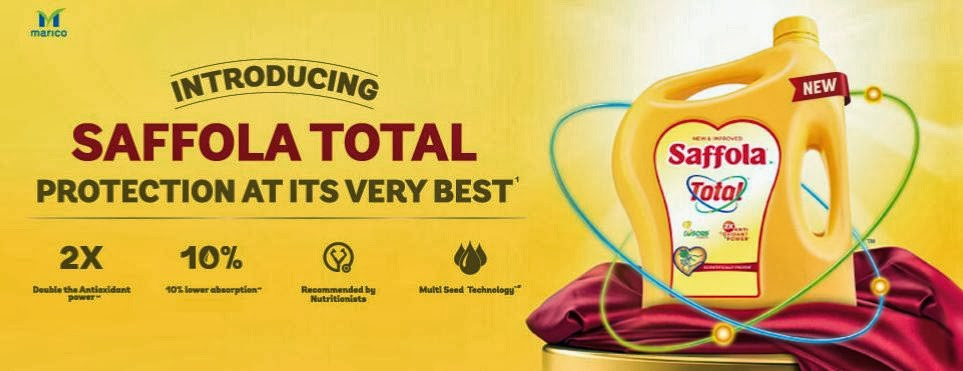


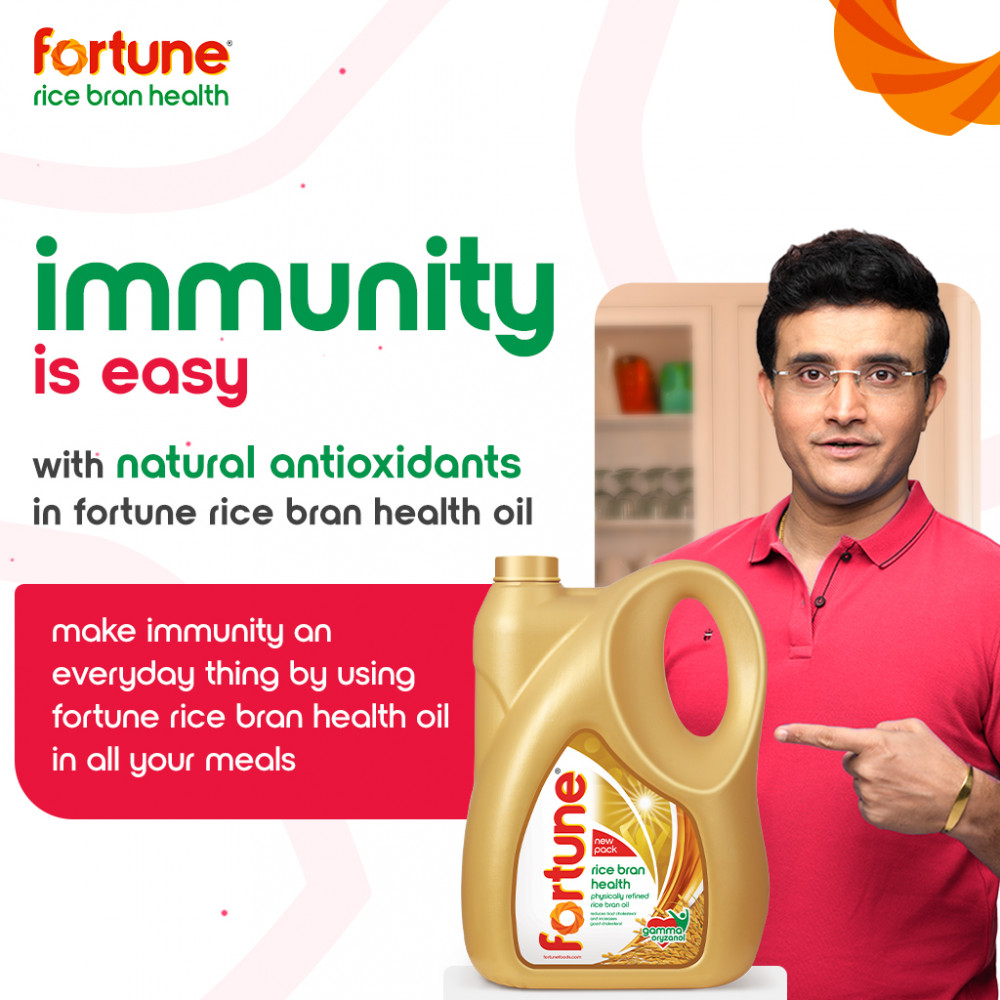
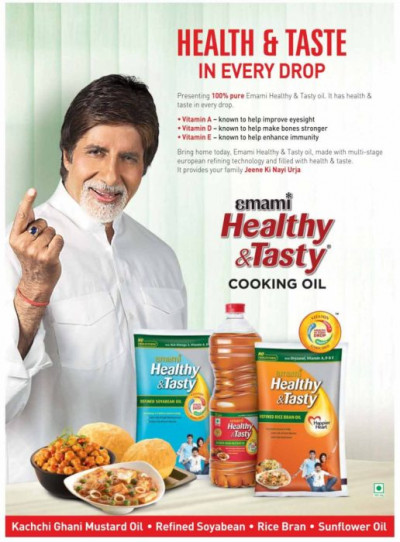
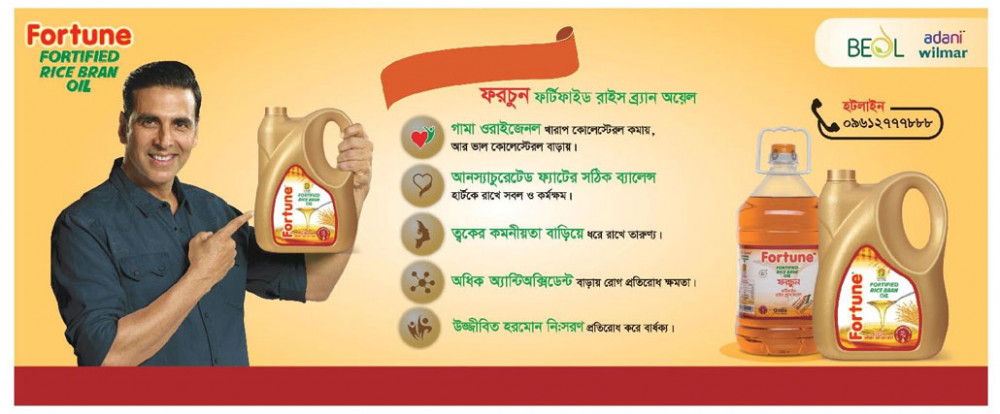
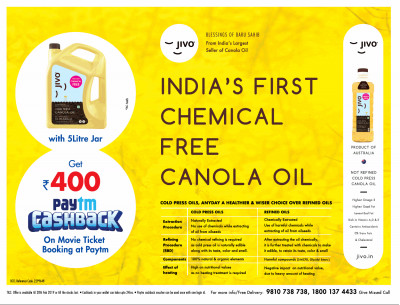
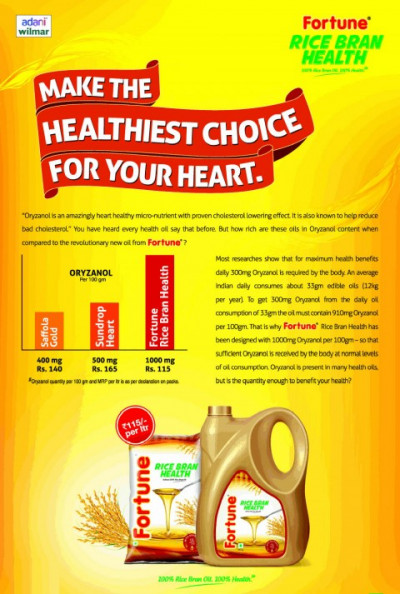
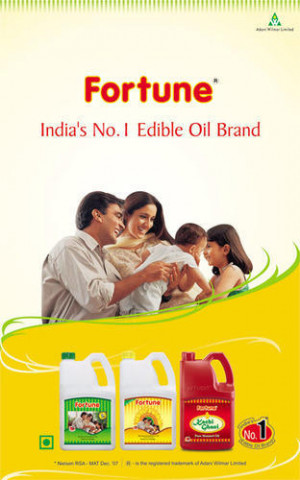




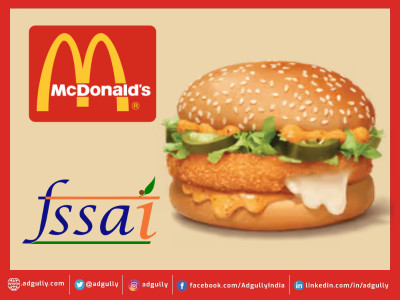





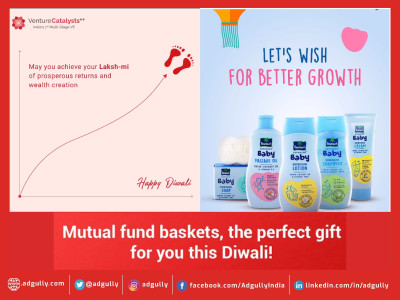




Share
Facebook
YouTube
Tweet
Twitter
LinkedIn